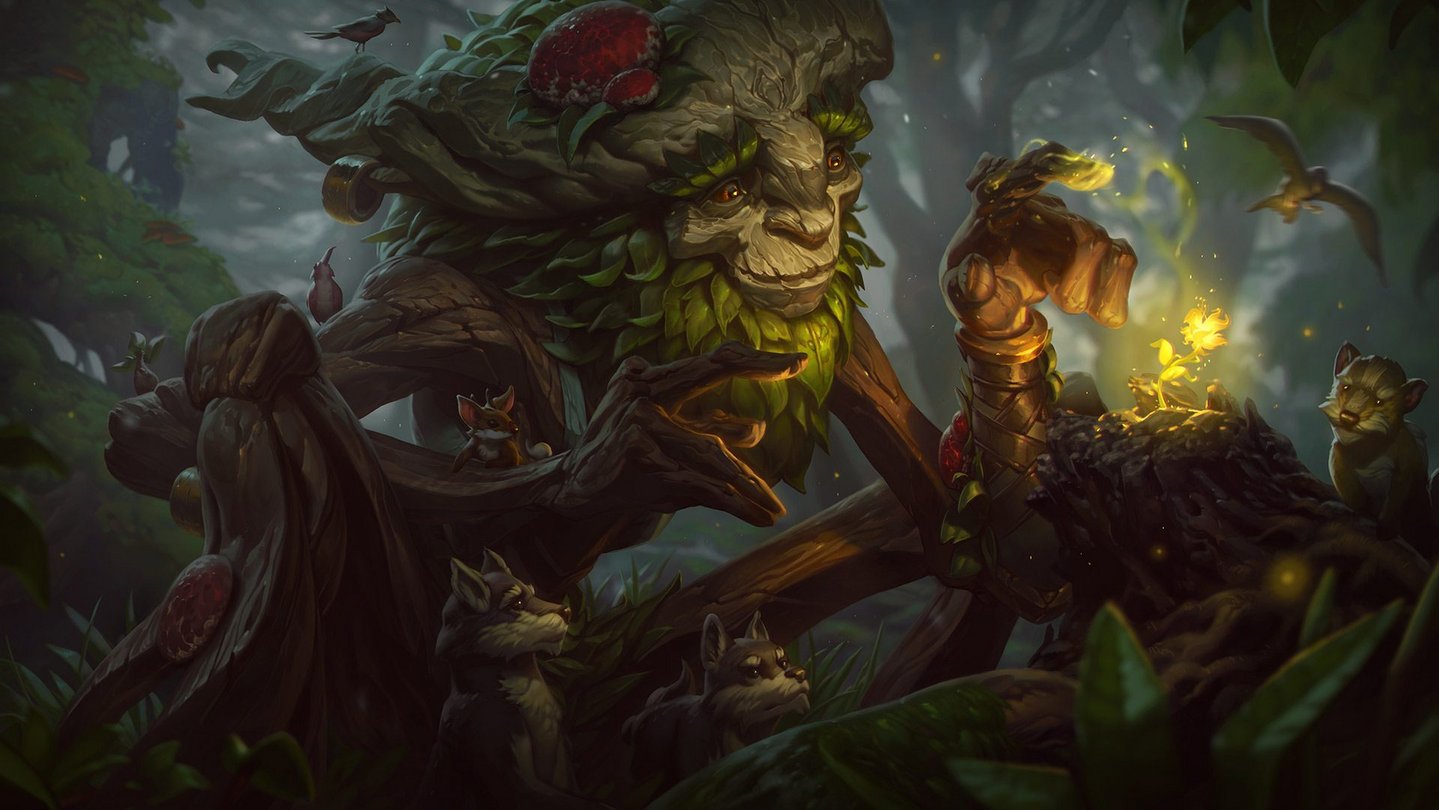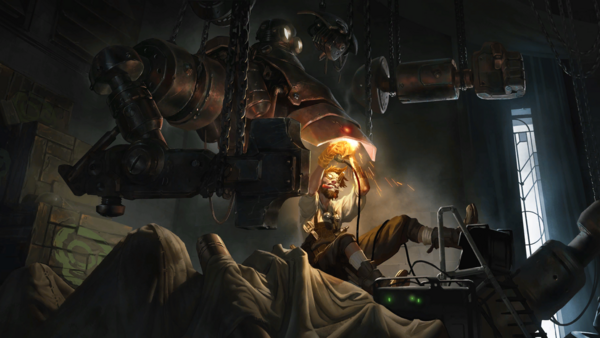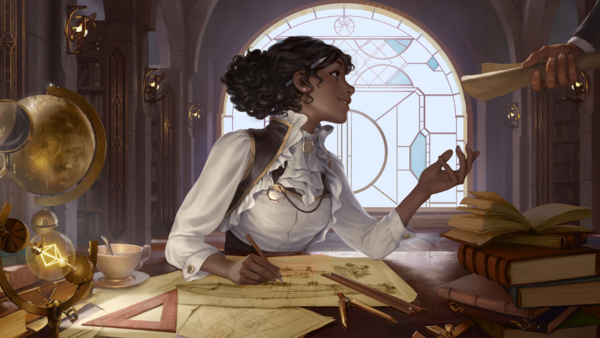We’re living in a new normal that many of us never could’ve imagined, and it’s strange. I’m starting to feel like I’m stuck in Groundhog Day and everything is blending together. Is it Monday, Tuesday, Saturday, or Friday? What’s the difference?
Our engineering director, Baris Yaman, said something that I now use to describe this sensation, “There are no longer days of the week. Just today, tomorrow, and yesterday.”
For innovation to thrive during this unprecedented time, we must find new ways of cultivating and encouraging our teams. Our game teams’ overall effectiveness—despite this historic event—is equivalent to what it was pre-pandemic, and we’re extremely proud of them for that. But is it sustainable?
Over the last three months, we’ve identified new advantages like our remote playtesting capabilities, and we’re addressing new problems like remote onboarding to make us better equipped for any type of future.
That’s why this post is focused on growing culture—not maintaining it. Culture needs to evolve and adapt in order to maintain relevance and effectiveness. While this is a time of great challenge and hardship, it’s also a chance to identify areas of improvement and address gaps that would have otherwise gone unnoticed.
We don’t have all of the answers yet, but we do have some change management philosophies that have enabled us to keep our culture of innovation thriving:
1. Accept that things are not normal and won’t be the same moving forward. And communicate that to your teams.
This seems obvious, but when Riot made the final decision to have everybody work from home, we sent out a message to all of our R&D teams. We wanted them to recognize that this was not a typical wfh situation, there would be a learning curve, and it was going to last for a while. We also wanted to set expectations around deliverable deadlines, remind people that now is the time to over communicate (especially when it comes to how you are feeling and how your team is progressing towards a milestone). We also needed to give some guidance on work from home best practices and open up the line of communication so people knew where to go for help.
We’re still in constant communication with our teams, mainly through team captains—we want to know how each team is doing given the circumstances. And we’re consistently impressed by their performance and professionalism. Through acknowledgement and communication, you create a more open space where folks feel more comfortable surfacing problems and taking action to solve them.
2. Find your cultural formula and use it.

We originally created our cultural formula to help us build our R&D working environment. The underlying belief is that if you take purpose driven people who are passionate about their work, and give them clear expectations around performance and time to recharge, then they’ll be more engaged and highly productive. The reverse of this belief comes from our game design views, which is that first, in the absence of connection to more personally meaningful or purposeful outcomes, all activities, no matter how fun, eventually become a “grind.” And secondly, achievement without ceremony and appropriate pacing also causes that achievement to fade into “grind” as well.
Recently, we’ve been paying close attention to the “recharge” variable of this formula because we view it as critical to maintaining our culture (and our sanity) during the pandemic. We have subsequently learned a lot more about how our teams view their stress levels and we’re implementing some solutions to address that (see points 3, 4, and 5 below.)
Purpose: Hire folks who derive meaning and fulfillment from working on games that are extremely player focused.
Passion: Hire folks who are excited about making games, creating, and collaborating with other very passionate individuals in a state of product ambiguity.
Transparency: Ensure that teams and individuals know what is expected of them and their products at any given time. Remove surprises when it comes to product status and career advancement. Folks should know when they are succeeding and when they are not. Moreover, good transparency allows people to understand how their work feeds into outcomes for players that we all care about as game developers, and thus attaches personal meaning to that work.
Recharge: Everybody needs a chance to breathe and disconnect. (See point 3.)
Increased Engagement: The feeling of personal accomplishment derived from your work, understanding how your work aligns with an overall strategic vision, and the willingness to go above and beyond what is normally expected.
3. Find a way to disconnect.
We now live in a world where work and life are blending together, and we must find new ways of disconnecting and recharging in order for us to maintain positive energy and deliver results. More and more cognitive research shows that to properly recharge we must create a significant break in the pattern that’s bringing stress into our lives.
If that stress is work or our routine, then we must create a meaningful mental divide that breaks up our routine and decouples work from non-work activities. This is imperative because our brain has the tendency to habitualizing routines and feelings. Thus if you’re taking time off work and sitting at home and doing "some" work, your brain is still associating this time at home with work. This, in turn, makes it much harder to decompress—especially if we’re always at home!
We’re working with our teams to find natural breaks in their delivery calendars so we can encourage taking time off when it’s needed and when it meets the needs of the team. Along with individuals taking paid time off, when a team reaches a milestone three day or four day weekends are encouraged for everyone.
We also advise folks that they create an experience that is different from your normal work routine when they’re not “at work.” This could be as simple as not sitting at your workstation, doing something different for breakfast or dinner, injecting new “relaxing/fun” experiences into your routine like taking a cooking or yoga class, going for walks, jogs, swims, or taking scenic drives. Most importantly, try something NEW and enjoyable. Novelty will absorb your mind fully into the activity and experience. It will be a true break.
4. Celebrate success.
In general, find reasons to celebrate. It's not just about the big milestones, it's also important to celebrate the smaller ones. If we’re constantly acknowledging the smaller successes, we’re building a better picture of the world. Even now, we’re seeing great successes across all of our teams, and this needs to be acknowledged.
If we can create a more positive perception of the world on a more regular basis, and/or can more accurately reflect on all of the positive outcomes within our world, we’ll find ourselves happier and in a more positive state of mind. This doesn’t mean celebrating non-successful outcomes nor does it mean finding an excuse to celebrate because you think you need to have a party. Plan for milestone check-ins and if they’re met with positive results, celebrate.
5. Know where to go for help.
We’re competing against a lot of factors that can increase our levels of stress and anxiety. There’s a global pandemic. We’ve been told to isolate ourselves and our families. There are reasons for civil unrest. Some of us are learning how to be kindergarten teachers. In other words, there’s a lot going on! People will need help and by removing the ambiguity around where to go for it, you decrease potential stressors. It’s comforting to know how to easily access help when you need it. Make sure it’s available!
This is just a snapshot into some of the ways we’re trying to grow our culture during this pandemic. We’re really lucky, we have great Rioters and great teams so our job is relatively easy. Focus on doing right by your people, don’t lose sight of your strategic vision, and the change in your culture will be positive.


John-David “historianX” Perry
John-David “historianX” Perry is a wannabe cowboy, recovering academic, and Head of Operations for R&D at Riot. He plays a lot of Teamfight Tactics and will never play Tom in Surviv.io. In the past, he has advised numerous technology companies, started his own non-profit, and worked as a consultant to the United States Government and Harvard University. John-David received his BA from Harvard University and an MS from Carnegie Mellon University.


